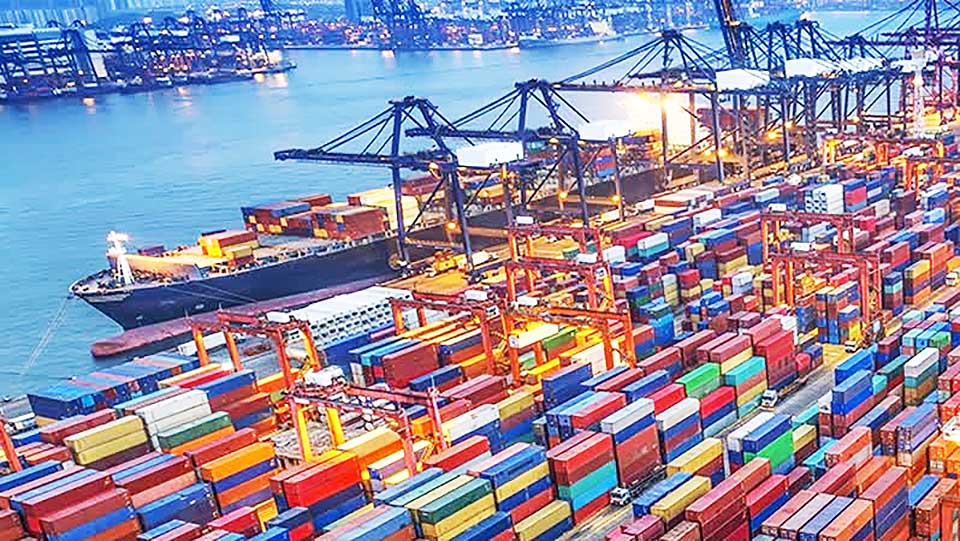
The Trade Policy and Strategy Office (TPSO) reported it has detected positive signals for Thai exports after China’s lifting of its zero Covid policy. The office especially took note of Thai fruit exports, for which demand is expected to increase significantly.
TPSO Director Poonpong Naiyanapakorn spoke of Chinese economic tendencies after the relaxation of the “zero Covid” policy, saying there are good signals for exports to China. He revealed the TPSO expects exports to the Chinese market to turn green in 2023 as people in China return to living their lives as normal. The resumption of economic activities will result in recoveries in tourism, consumption, and public sector investment. These will contribute an important momentum to international trade and the global economy. However, there is still uncertainty over the Covid situation, specifically the possibility of large numbers of patients and deaths ultimately triggering another round of lockdowns.
Nonetheless, Mr. Poonpong said China remains a market with good potential and a quick “reopening” of the country would accelerate Thai exports to China. Tax incentives under the ASEAN-China FTA and the RCEP agreement means China can import goods from Thailand at cheap prices. Exports of products that are impacted by these incentives, especially fruits, are expected to recover.
Products that may become impacted if China reimposes lockdowns include durian, cassava, rubber wood, and chemicals. Mr. Poonpong said these products are highly dependent on the Chinese market.
He said that for the medium term, exporters who rely mainly on the Chinese market would be impacted if China chooses to import from Thailand’s competitors or start producing the goods domestically. The latter scenario would be in accord with the policy for self-sufficiency that is included in China’s 14th National Economic and Social Development Plan. Therefore, Thai exporters should distribute risks across other markets with potential and diversify their products. They should also plan their finances prudently to account for a potentially slow recovery of the Chinese market. (NNT)

 |
 |
 |




